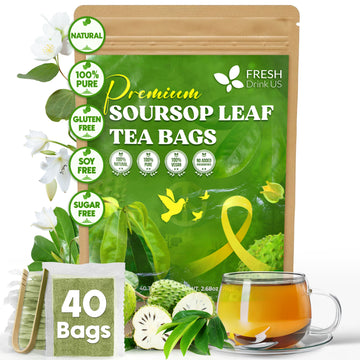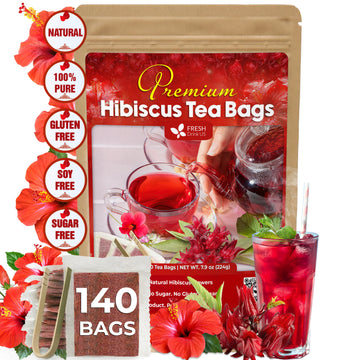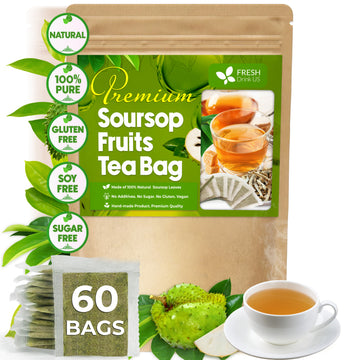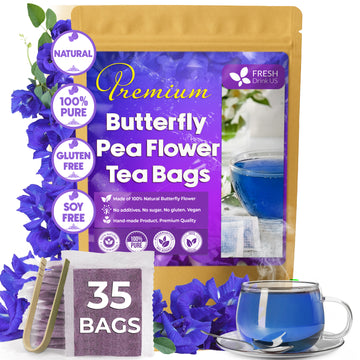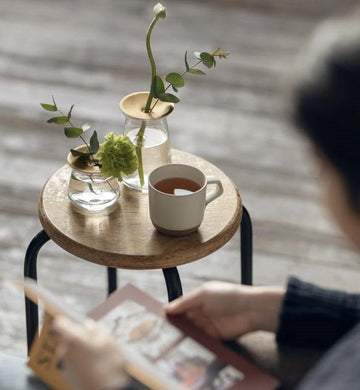Herbal tea is one of the most natural and gentle ways to care for your health. But if you’re drinking it regularly and still not seeing any benefits—or worse, feeling discomfort like insomnia or indigestion—chances are, you’re making one (or more) of these common mistakes.
1. Drinking tea on an empty stomach or immediately after a full meal
Drinking tea when your stomach is empty can cause nausea, stomach cramps, or a burning sensation—especially with stimulating teas like ginger or turmeric. On the other hand, consuming tea right after a heavy meal may dilute digestive enzymes and reduce nutrient absorption.
👉 It’s best to enjoy your tea about 30–60 minutes after a meal, when your stomach is settled and ready to absorb herbal compounds gently and effectively.
2. Brewing tea too strong or too weak
Stronger tea doesn’t always mean better results. Overly concentrated herbal tea can lead to insomnia, irritate your stomach lining, or make you feel uncomfortable. Meanwhile, weak tea may lack enough potency to be effective.
👉 Follow proper brewing instructions: Use 1 tea bag or 2–3g of dried herbs for every 250ml (8oz) of water to get the right balance of flavor and benefits.
3. Drinking tea at the wrong time of day
Every tea has its "golden hour" to shine. Drinking calming teas like chamomile or lavender in the morning can make you feel sluggish. On the flip side, energizing teas like Yerba Mate or ginger at night may interfere with sleep.
👉 Listen to your body’s rhythm: Choose warming and energizing teas in the morning, digestive teas in the afternoon, and relaxing teas in the evening for better sleep.
4. Brewing with boiling water at 100°C
Many people believe boiling water extracts more nutrients—but that’s not ideal for herbal teas, especially delicate flowers like chamomile, lavender, or hibiscus. Excessive heat can destroy essential oils and cause bitterness.
👉 Use water at 85–90°C and steep for 5–7 minutes to preserve the aroma, flavor, and beneficial properties of your herbs.
5. Replacing all your daily water with herbal tea
While herbal tea is healthy, it still contains bioactive compounds. Drinking only tea throughout the day may lead to excessive urination, minor mineral loss, or put extra pressure on your liver and kidneys—especially if the tea isn’t suited to your body.
👉 Think of herbal tea as a nourishing ritual, not a water substitute. Limit to 1–3 cups per day and make sure to stay hydrated with clean water.
6. Using low-quality tea or blends with artificial flavors
Herbal tea should be clean and natural—free from fillers, mold, or synthetic aromas. Using poor-quality tea with artificial additives not only reduces the benefits but can also harm your health over time.
👉 Choose products from trusted brands, with clear ingredient lists, and avoid anything that contains “flavoring” or “aroma” not derived from natural sources.
7. Expecting instant results like medicine
Herbal tea isn’t a quick fix—and that’s part of its beauty. It doesn’t work overnight, but rather through gentle, consistent support. Many people give up too soon because they don’t feel immediate changes.
👉 Be patient. Drink consistently for 2–3 weeks and combine with healthy habits. Your body will start to respond in subtle, sustainable ways.
Final Thoughts
Herbal tea is more than just a drink—it’s a daily act of mindfulness, a way to listen to your body and nourish it with intention.
Drink it the right way, and it will quietly transform your well-being—one cup at a time.

